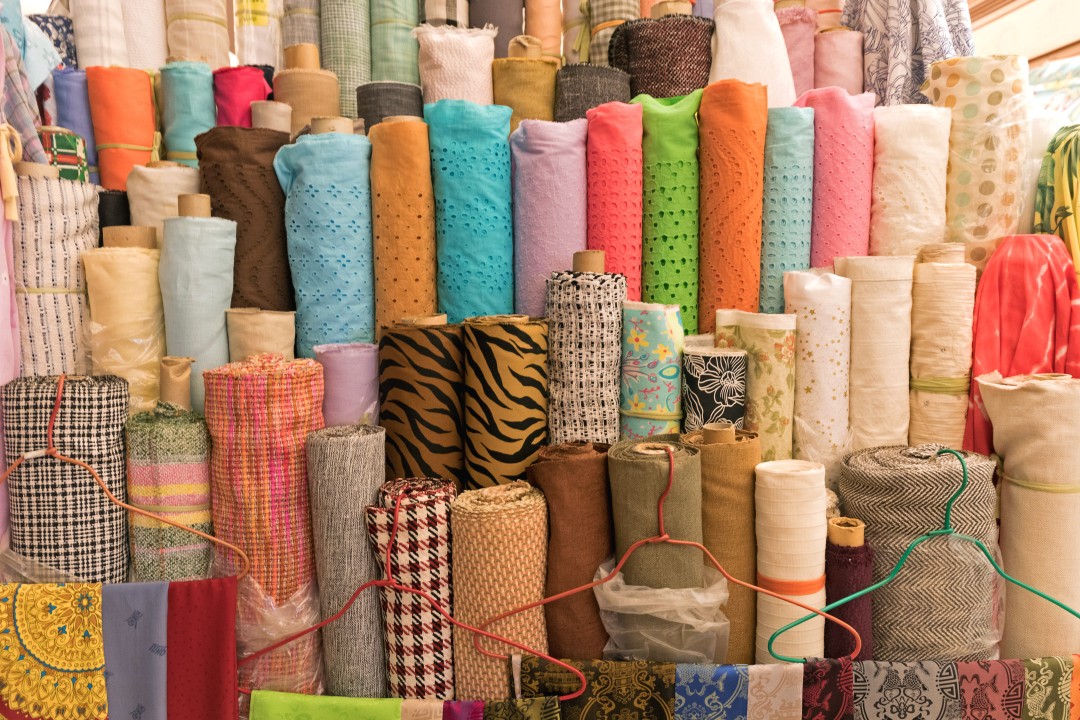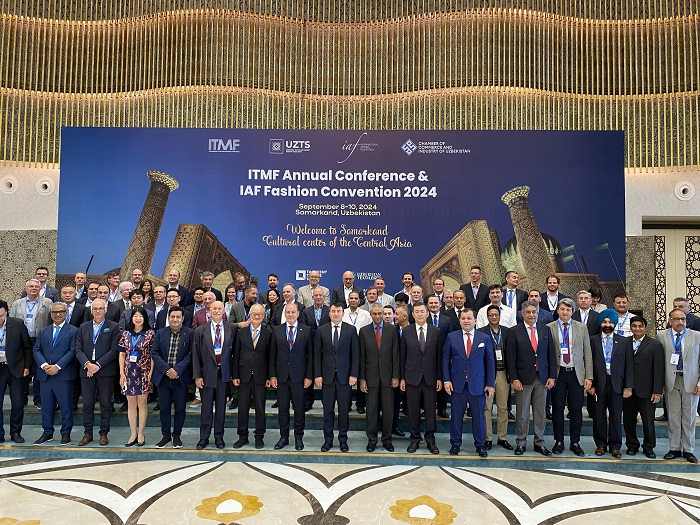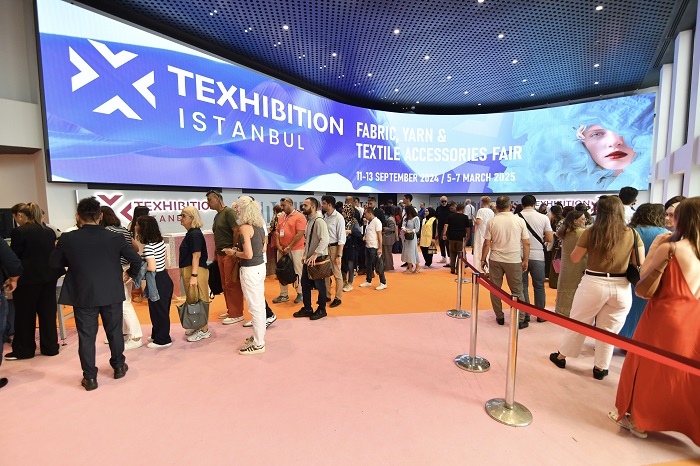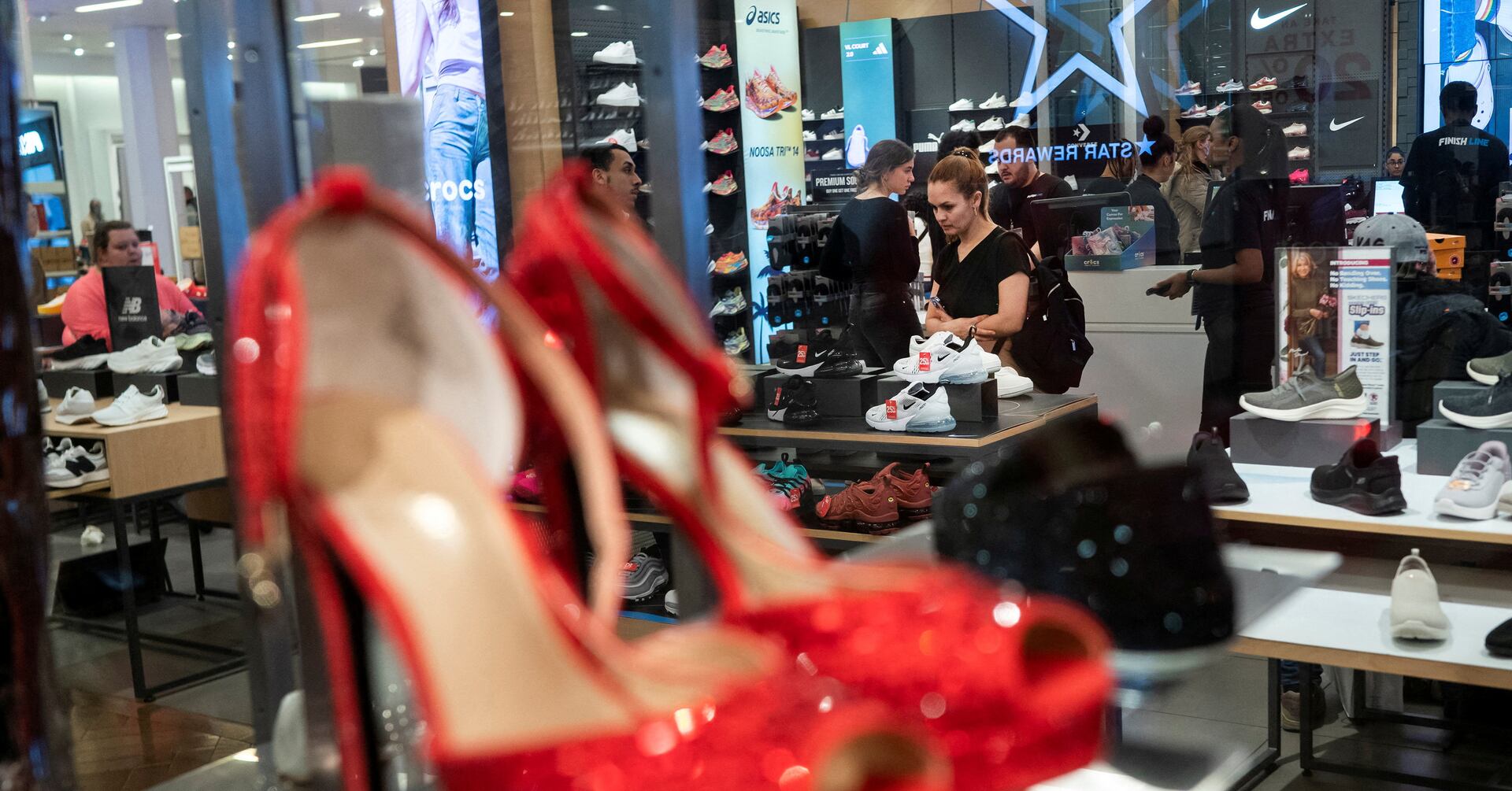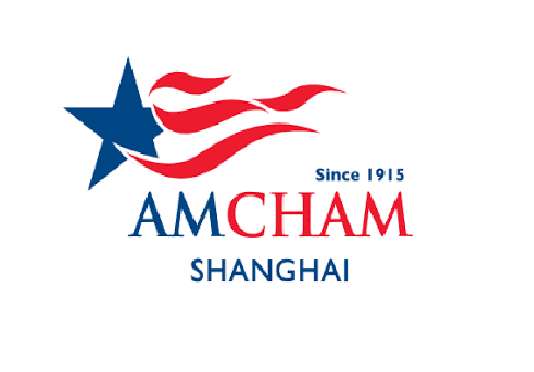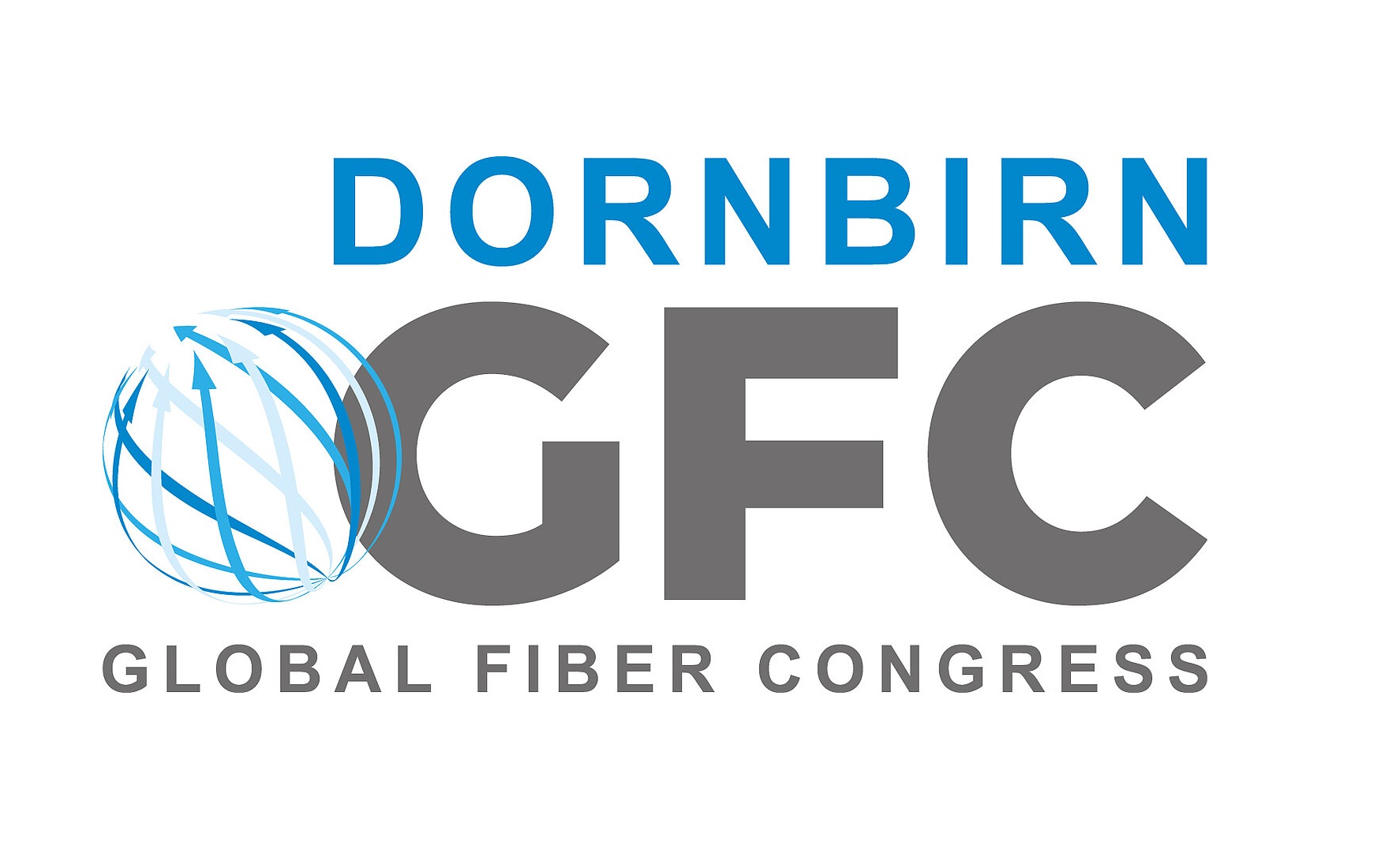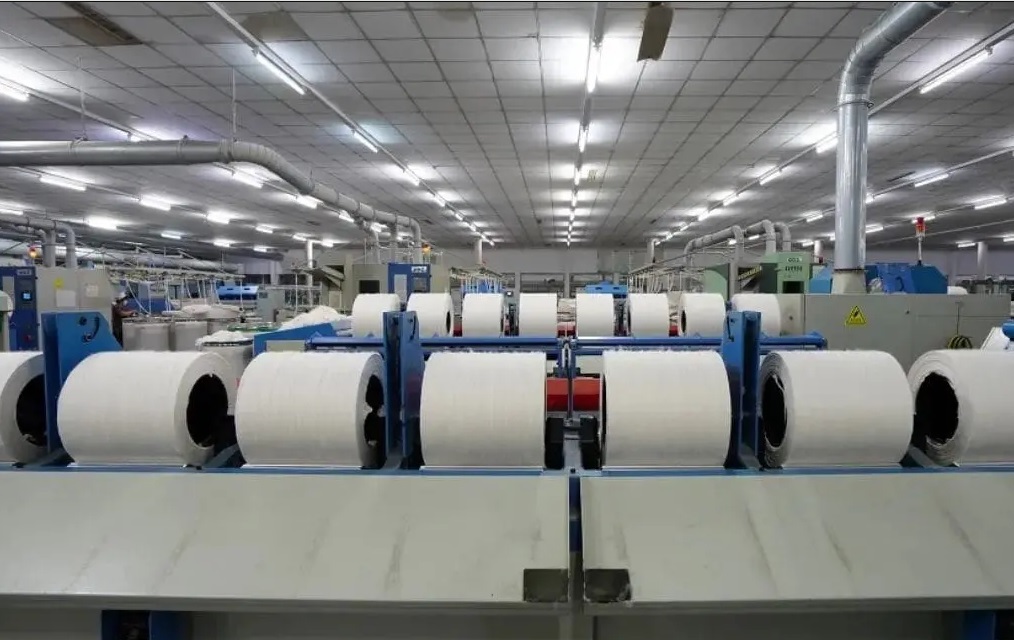FW
Intertextile Shanghai Apparel Fabrics successfully concluded its 30th anniversary edition from August 27-29, 2024. The event reaffirmed its position as a global leader in apparel textiles sourcing, showcasing innovative products and solutions that address industry challenges and trends.

Key highlights of the event include:
• Strong international attendance: Over 100,000 visitors from 115 countries and regions attended the fair, with a 29% increase in international buyers compared to the previous year.
• Focus on sustainability and innovation: Exhibitors showcased products that prioritize functionality, sustainability, and digitalization, reflecting the evolving needs of the fashion industry.
• Expanded fringe program: The fair offered a comprehensive program featuring industry experts discussing topics such as testing compliance, generative AI, and digital innovation.
• Debut of new pavilions: The Malaysia and Uzbekistan Pavilions made their first appearances at the event, joining other returning pavilions from Asia and Europe.
• Milano Unica's return to Intertextile Shanghai: 40 Italian companies participated in Autumn Edition, with some like Rossi Lorenzo e figli returning after a hiatus and noting changes in consumer behavior. Teseo by Laura Clerici made its debut, while Inseta veteran Uberto Ciatti acknowledged market challenges. The event showcased Italian textile resilience amidst a complex market.
Show Highlights
Fashionable Fabrics: Showcases innovation and sustainability

Fashionable Fabrics was one of the main show highlights of Intertextile Shanghai 2024, focusing on innovative fabrics. Trend Tours, Forums, and Seminars provided insights into market dynamics, sustainable practices, and fabric-to-fashion processes. The event showcased the latest trends and innovations in the textile industry, inspiring attendees to embrace sustainable and innovative fabric choices.
As Ms. Mutsuko Tatsukami, Planning Director of Textile Div. at Japan Fashion Week Organization, commented, "Japan has such wide-ranging fabrics from top to bottom. It is important for Japanese companies to exhibit at Intertextile Apparel to develop their Asian markets."
Econogy: A new sustainability initiative

The recent Intertextile Shanghai 2024 highlighted the growing importance of sustainability in the textile industry. Initiatives like Econogy, introduced by Messe Frankfurt, aim to promote sustainable practices by combining ecological responsibility with economic viability. The event featured discussions, tours, and exhibitions focused on sustainable materials, production methods, and technologies. Participants expressed enthusiasm for the potential of a more sustainable fashion industry.
Mr. Marc Sidler, Group CMO at Testex AG, noted, "Intertextile is the most important apparel fabrics fair on the planet... What has not changed is the interaction between human beings, this is what fairs are for – we are all social creatures, we want to interact, we want to talk, we want to explore our friendship."
Digital Solutions Zone: A hub of innovation

Intertextile Shanghai 2024 showcased a new Digital Solutions Zone as one of the key show highlights, featuring advanced knitting machinery, design systems, AI solutions, and more. The zone highlighted the transformative power of digital technologies in the textile industry.
Ms. Monika Januavita Kopeng, Lead Fashion Designer at Love, Bonito Singapore, said, "Intertextile Apparel is a really great place to meet many exhibitors from different countries, with suppliers bringing their own expertise and fabric specialties."
Functional Fashion: Fabrics of the future

The event featured Functional Fashion as key show highlight, showcasing cutting-edge technologies and sustainable solutions, highlighting how clothing can elevate everyday life.
Fringe Programme included thought-provoking discussions
The event offered a comprehensive program featuring industry experts discussing contemporary topics, innovations and thought-provoking sessions.
European Green Deal's Impact on Textile Industry
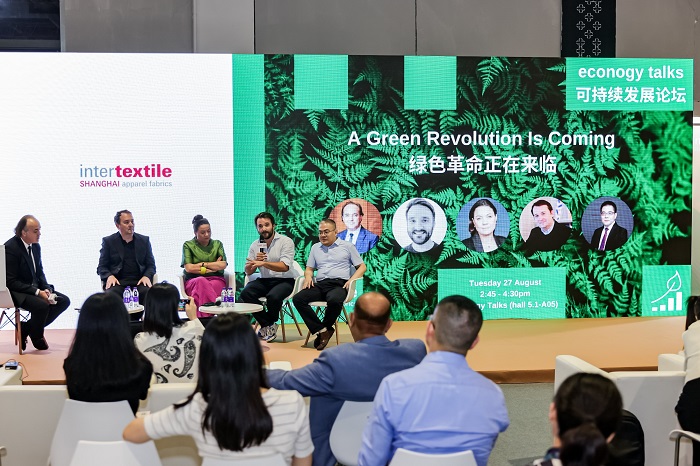
One such discussion focused on the European Green Deal's implications for the global textile industry. Speakers highlighted the EU's push for sustainability through regulations, the importance of traceability, and the competitive advantage of eco-friendly practices.
ASEAN shines as a global textile investment hub
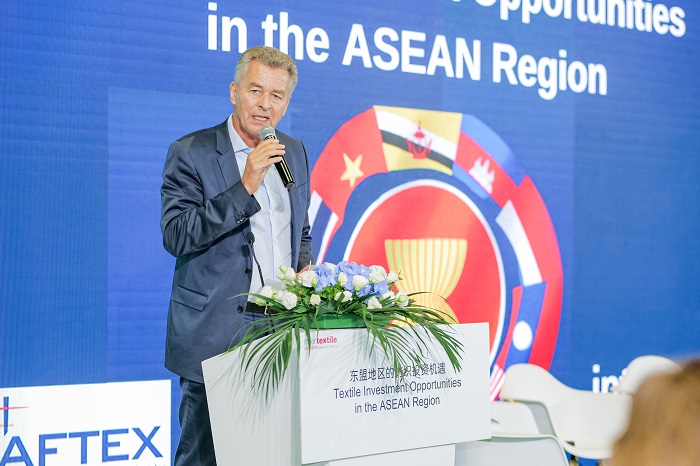
The recent event emphasized the region's strong growth, favorable investment climate, strategic location, and commitment to sustainability. ASEAN's apparel market is projected to reach US$300 billion by 2025, driven by domestic demand and exports. Investors are encouraged to focus on high-value segments and collaborate with local partners.
Looking Ahead: A Commitment to the Future
Intertextile Apparel's 30th anniversary edition demonstrated its unwavering commitment to evolving with the textile industry. The fair's dedication to innovation, sustainability, and fostering global connections ensures its continued success as a leading sourcing platform.
As of September 1, 2024, Stefan Lux has been appointed Managing Director of KM.ON GmbH, succeeding Carla Janz, the interim director and Head of HR. Lux, who also takes on leadership of the KM.ON Business Unit within the Karl Mayer Group, brings a wealth of experience in digital solutions and business management.
Lux holds a degree in Technical Computer Science from the Technical University of Dresden. His career includes notable roles in semiconductor and digital solution markets, notably at KässbohrerGeländefahrzeug AG, where he spearheaded the creation of a digital solutions business unit. Most recently, he led the IIoT division at Wika Alexander Wiegand SE & Co KG, doubling turnover by devising a comprehensive product and sales strategy for digital solutions.
In his new role at KM.ON GmbH, Lux will oversee the company's strategic direction and daily operations. His extensive background in building business units and expertise in digital technologies positions him to drive KM.ON’s growth and success.
The International Cotton Association (ICA) has confirmed the programme for its Liverpool 2024 Trade Event, set for October 16-17 in Liverpool, UK. The two-day event will focus on pressing issues in the cotton industry, featuring prominent keynote speakers and 'Cotton Connected' sessions.
The event will commence with a panel discussion led by Bill Ballenden from Louis Dreyfus Company, focusing on the legislative environment and its impact on the cotton supply chain. The panel will feature Eva Bille from Hill & Knowlton, Elisabeth van Delden of Make the Label Count, and Eric Trachtenberg from the International Cotton Advisory Committee. The session will address key legislative frameworks, their enforcement, and their potential effects on cotton demand within the textile industry.
Keynote sessions will include Colin Iles (Viterra) on cotton market trends and Arvind Singhal (Technopak Advisors) on changes in textiles and clothing. A discussion on Artificial Intelligence’s impact on the cotton industry will feature Oliver Jobling and Joseph Maliszewski from Macrovesta.
The event will also include 'Cotton Connected' sessions that will concentrate on arbitration and key cotton regions, with contributions from the ICA’s Women in Cotton Committee. ICA President Kim Hanna highlighted that this year's programme addresses crucial issues for the community and expressed enthusiasm about the opportunity to advance the cotton industry alongside both familiar and new colleagues.
The event will conclude with a Gala Dinner at St George’s Hall on October 17, with sessions held at the Crowne Plaza Liverpool. With over 500 international delegates expected, registration is filling up fast.
A renowned Japanese provider of sewing technology, Juki Corporation has dispatched the first batch of ‘Made in India’ industrial sewing machines. A part of the DDL-7000A Series, which features direct-drive, single-needle, lockstitch models, these machines were produced at Juki’s newly established facility in Ahmedabad, Gujarat.
Spanning approximately 6,000 sq m, the plant became operational in June under Juki India, the company's Indian subsidiary. The decision to set up a manufacturing unit in India is part of Juki’s broader strategy to restructure its production systems and mitigate supply chain risks, as outlined in its ‘Medium-term Management Plan – Growth & Transformation Plan 2025,’ initiated in 2023.
In recent years, the demand for industrial sewing machines has significantly increased across South Asia, including in countries like India, Bangladesh, Pakistan, and Sri Lanka, as well as in regions of the Middle East and Africa. To meet the growing needs of these markets, Juki is expanding its production capacity by manufacturing at its new Indian facility.
With the successful launch of this plant, Juki has expanded its global manufacturing footprint, adding India to its existing production sites in Japan, China, and Vietnam.
In a noteworthy Fashion Week collaboration, Calvin Klein and designer Nensi Dojaka have teamed up to create a collection that bridges the gap between underwear and ready-to-wear, drawing from a shared inspiration: the power of female sensuality.
The Nensi Dojaka for Calvin Klein collection blends the London-based womenswear designer’s intricate, sensual style with Calvin Klein’s signature innovation and design ethos. Centered around women's underwear, the collection explores the balance between strength and softness, celebrating both equally. This collaboration feels natural, given Nensi Dojaka’s signature underwear-as-outerwear aesthetic and Calvin Klein’s longstanding reputation as a powerhouse in the intimates world.
Unveiled on Nensi Dojaka’s Spring/Summer 2025 runway, the pieces are already available for purchase. The collection emphasises specific areas of the body, drawing attention to the collarbone, hips, and back. Fine harness straps frame the chest, while sheer layers highlight rather than conceal. Sculptural metal hardware, inspired by Calvin Klein’s archives, serves as a striking focal point, blending rigidity and organic forms to celebrate duality.
Purpose and wear ability are keys to the collection, with multi-layered petal cups designed to enhance subtly and featherweight knits that provide discreet support. Calvin Klein’s advanced technical engineering ensures functional support throughout. Languid slip dresses, accented with sculptural hardware, are paired with ‘gently oversized’ tailoring, balancing the delicacy of the other pieces.
As with many current collections, this collection too is influenced by the 90s. It is updated with meticulous attention to detail. The collection is accompanied by a campaign featuring actor Rebecca Ferguson and models Jill Kortleve and Mona Tougaard, photographed by Harley Weir against a London backdrop, in images described as ‘powerfully feminine and boldly sensual.; Nensi Dojaka describes the collection as an exploration of femininity,’ saying, it reframes the image of a women, showing both vulnerability and strength.
Praising the designer Eva Serrano, Global Brand President, states, Dojoka’s vision and talent are on the next level. The collaboration is currently available at select Calvin Klein stores, key retail partners, and online through both brands’ webstores.
Bangladesh's apparel exports to the US declined by 10.27 per cent Y-o-Y to $4.57 billion duringJan-July’24, as per the updated statistics of the Office of Textiles and Apparel (OTEXA) under the US Department of Commerce.
During this period, apparel imports by the US also declined by 4.65 per cent to $43.63 billion. Apparel exports from the top five exporting countries, including Bangladesh, decreased in the US market. Among these, Bangladesh experienced the steepest decline. Last year, Bangladesh exported $7.29 billion worth of apparel to the US. Currently, it holds 9 per cent of the US market share, making it the third-largest apparel exporter to the US.
China remains the top apparel exporter to the US, with exports totaling $8.75 billion in the first seven months of 2024. This marks a 4.22 per cent decrease compared to the same period in 2023. The second-largest apparel exporter to the US, Vietnam’s garments exports declined by 1.5 per cent to $8.08 billion from the $8.22 billion recorded last year.
Despite the recent challenges, including the quota reform movement, student protests, floods, and labor unrest, the Bangladeshi apparel industry remains optimistic about the US market following the formation of an interim government led by Nobel laureate economist Dr. Muhammad Yunus. However, these disruptions have affected the industry’s production and exports over the past two months, causing some uncertainty.
While the overall global apparel market has faced difficulties, including reduced demand and market fluctuations, industry leaders in Bangladesh remain hopeful for a recovery, especially as they continue to navigate the evolving landscape of international trade and labor issues.
For the first time, the Philippines participated in the trade show Centrestage 2024, held at the Hong Kong Convention and Exhibition Centre from Sep 04-07, 2024.
Held under the banner of Fashion Philippines, the event featured15 Filipino brands highlighting Philippines’ textiles and craftsmanshipon the global stage.
Known as ‘Asia’s Fashion Spotlight,’Centrestage 2024 featured over 250 fashion brands from around the world. Alongside the exhibitions, the event also included fashion shows, parades, seminars, and networking activities.
A wide array of handcrafted apparel, footwear and accessories were showcased at the event, reflecting the cultural heritage and innovation of the Philippine fashion industry. The participating brands presented their creative and artistic expertise through a mini-parade fashion show on Sep 06, 2024.
The involvement of Fashion Philippines in the event was organised by the Center for International Trade Expositions and Mission-the export promotion arm of the Department of Trade and Industry.
The initiative was supported by the Malikhaing Pinoy Program of the Competitiveness and Innovation Group in partnership with Fashion and Accessories Makers of the Philippines and the Philippine Textile Research Institute.
Some of the brands that participated in this trade show will further join the Manila Fame 2024 show at the World Trade Center Metro Manila in Pasay City from Oct 17-19, 2024. Philippines’ premier trade show for quality home, fashion, and lifestyle products, Manila Fame 2024will showcase artisanal pieces made by Philippine designers and manufacturers.
Textile and apparel(T&A) exports by the Portugal declined by 6 per cent Y-o-Y to €3.376 billion during the period spanning Jan-July’24. However, T&A exports by the country rose by 3 per cent Y-o-Y to €529 million in July ’24 as per a statement by the Textile and Clothing Association of Portugal (ATP).
Highlighting the sector's resilience in a challenging global environment, ATP noted, the volume of Portugal’s T&A exports increased by12 per centto 43,372 tons in July. This indicates robust production and export activity during the month.
However, overall export value declined over the seven-month period due to difficulties faced in key traditional markets, such as Spain and Italy, where both the value and volume of trade decreased. Despite this, the sector succeeded in expanding business in strategic markets like the US, where exports grew by 5 per cent in value and 4% per cent in volume, adds ATP.
Morocco emerged as a leading export destination due to more favorable pricing. Portugal’s exports to the region increased by 15 per cent in value and 18 per cent in volume. Turkey also gained importance with exports to the country rising by 44 per cent in value and 93 per cent in volume.
Despite challenges, Portugal managed to strengthen its market share in many EU countries, including mature markets like Italy. Additionally, raw material imports by the country rose by 40 per cent in July, signaling the sector’s readiness to ramp up production and meet growing international demand, suggesting a potential recovery on the horizon.
As per the September 2024 World Agricultural Supply and Demand Estimates (WASDE) report by USDA, global cotton production is expected to decline by 1.2 billion bales to 116.4 million bales during the 2024-25 season. Global ending stocks are expected to contract by 77.6 million bales to 76.5 million bales reported in August.
The report also reduces the estimates for global cotton consumption by about 460,000 bales. It identifies key markets such as Vietnam, Bangladesh, and Turkiye as those expected to see notable decreases in consumption, with consumption in Vietnam declining by 200,000 bales and that in both Bangladesh and Turkiye lowering by 100,000 bales each.
The decrease in global cotton production is likely to be primarily driven by smaller crops in the United States, India, and Pakistan, which more than offset a production increase in China. Additionally, global trade is expected to decline by approximately 550,000 bales, as reduced imports from China, Vietnam, Turkiye, and Bangladesh offset an increase in imports by India.
Despite these changes, the world cotton price, represented by the ‘A’ Index, remains steady at 81.5 cents per pound. The global balance sheet for the 2023-24 season has been updated to reflect higher beginning stocks, increased mill use, and lower ending stocks.
The USDA’s estimate for US cotton production in 2024-25 has been reduced by 600,000 bales, bringing the total to 14.5 million bales. US cotton ending stocks were also lowered by 500,000 bales, leaving them at 4 million bales. This decrease in US production is attributed to lower yields for upland cotton in the Southwest, with the September National Agricultural Statistics Service (NASS) forecast showing yields down to 807 pounds per acre, 33 pounds less than the previous month.
With reduced production, US cotton exports are projected to fall by 200,000 bales to 11.8 million, and ending stocks will now account for 29 per cent of projected use. The season-average upland farm price for 2024-25 remains unchanged at 66 cents per pound. Revisions to the 2023-24 US cotton balance sheet includes a 400,000-bale increase in beginning stocks and a reduction in unaccounted bales due to revised data and methodologies.
The British Fashion Council (BFC) has entered into a new partnership with JD.com, also known as Jingdong, to boost the presence of British and international fashion brands in the Chinese market. This collaboration aims to enhance the visibility of Chinese and Asian designers by creating a global platform for them.
Leveraging JD.com’s advanced e-commerce infrastructure and vast consumer reach, the partnership will assist British and global fashion brands to navigate the complexities of the Chinese market. Additionally, it will strengthen JD.com’s role in promoting Asian fashion on the world stage, with the platform serving as the Official Asian Online Retail Partner for London Fashion Week (LFW) in September 2024.
From now until October 3, JD.com will also feature a dedicated London Fashion Week page on its app, promoting international fashion brands to its 600 million users. This kind of exposure will prove invaluable for LFW, given JD.com’s influence in the Asian market, particularly in China. The platform currently represents over 90 per cent of the world’s most renowned luxury brands, such as Louis Vuitton, Gucci, Burberry, Mulberry, and Bottega Veneta.
In the past year, JD.com has expanded its luxury portfolio with partnerships including Saint Laurent, Balenciaga, Moncler, and Alexander Wang, while also introducing various modern streetwear labels to its offering.
Caroline Rush, CEO, British Fashion Council, states, the partnership provides emerging designers and brands with a platform to facilitate smoother cross-border collaborations and increase their exposure in the crucial Chinese market.
Sherrin Kong, President, Jingdong Fashion, adds, the partnership demonstrates JD.com’s commitment to connect the global fashion community with Chinese consumers and foster a dynamic exchange of fashion culture and innovation.
This collaboration marks a significant step in bridging British and global fashion brands with the growing Chinese market.


